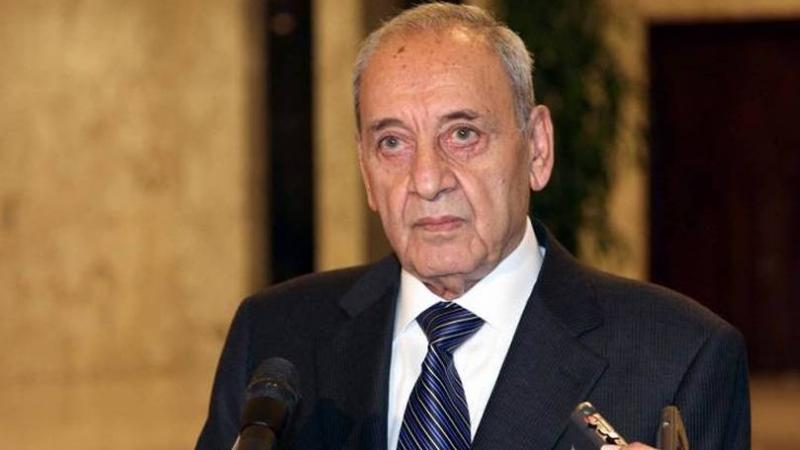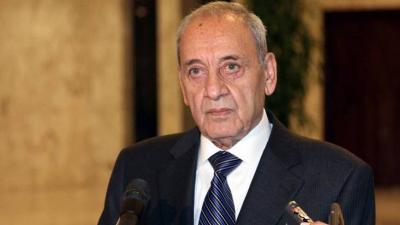Political ambiguity continues to dominate the scene after the parliamentary elections, with each political group striving to improve its position in the new parliamentary structure. Notably, the newly elected parliament includes 60 new deputies, 15 of whom are from change-focused backgrounds, alongside 68 deputies who have been reelected. This indicates that the coalition landscape remains unclear at this time.
While waiting for President Nabih Berri to set a date for the election of the President, Vice President, and the Bureau of the Parliament, the situation remains uncertain. This sentiment was echoed by member of the Development and Liberation bloc, Deputy Qassem Hashem, who considered that we are entering a new phase with such diversity and change in the parliament’s composition. In a statement to the "Anbaa" electronic newspaper, Hashem said, "No matter what, there must be a new vision for what this parliament might bring in terms of diversity in its structure." He conveyed Berri's commitment to the 15-day deadline outlined in the parliamentary internal system for determining the session to elect the President, Vice President, and the Bureau, adding, "Of course, there will be a call within this deadline because the circumstances cannot sustain a prolonged period of political debate and rhetoric. If the victory percentage has compelled some to adopt this tone, it must return to prudence and wisdom, as the seriousness of what the country faces requires handling with wisdom and responsibility in light of the persistent crises we are experiencing."
Regarding the timing of this call, Hashem pointed out that it depends on some communications that Berri is conducting to introduce a degree of flexibility. This is a natural process given the current parliamentary composition, and it is essential for matters to progress organically. As for the position of Vice President, he noted that communications are ongoing with political forces that wish to nominate their members. These forces must engage in discussions with their political counterparts to propose ideas for this nomination, which is also a normal procedure. However, the final picture regarding the candidates for the Vice Presidency has yet to crystallize, and there may be one or more candidates.
On another note, fears are growing about the potential spread of "monkeypox" to Lebanon amid its global outbreak. Professor Elias Abi Hanna, a specialist in infectious diseases at Rafik Hariri University Hospital, confirmed that the Health Ministry has no reported cases in Lebanon and is providing accurate information to the Lebanese about the spread of this disease, adding, "It is definitely not present in Lebanon." Abi Hanna, in a call with "Anbaa," explained that monkeypox is a virus endemic to Central Africa, recalling that cases of this nature were recorded in 1970 and disappeared by 1979, noting that this epidemic typically results from contact between humans and animals.
He continued, "In 2013, a number of these cases were reported in America as they were transmitted from Africa, but there were no fatalities. What is strange today is the appearance of these cases in several countries, including Europe and Canada, with its first appearances in Belgium and Spain. According to the World Health Organization, it is transmitted through direct contact and may transfer to animals, becoming endemic to the respective country."
This health challenge necessitates mobilization and must be considered in anticipation of any emergency, especially since the country's conditions do not permit negligence regarding any health risks, which would be greater than the state's capacity to address them this time.




